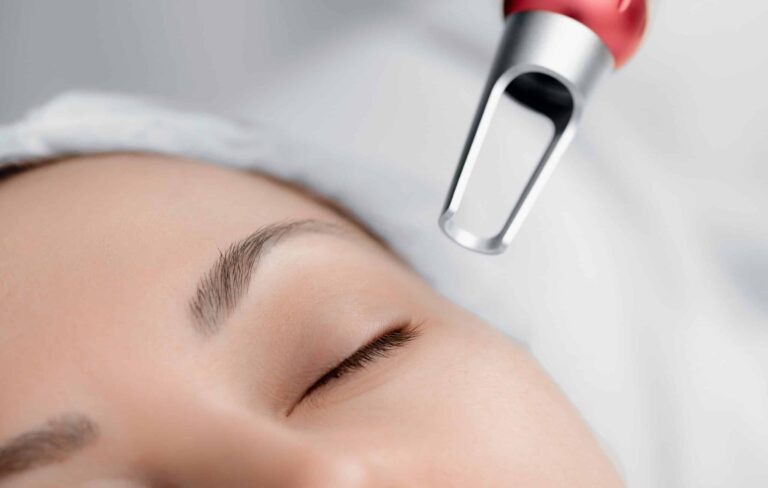A clear and even complexion is often perceived as an indicator of good health and vitality. However, our skin, being the largest organ in the body, is constantly exposed to various internal and external factors, which can sometimes lead to pigmentation and darkening. Skin pigmentation can appear in many forms, from freckles to age spots, and while some may consider them a sign of character or experience, others seek ways to reduce their appearance. In this article, we’ll dive into the causes of skin pigmentation and discuss how the innovative technology of Pico laser for skin whitening in Singapore is providing solutions for those seeking a brighter complexion.
Sun Exposure
The sun is indispensable for life on Earth, but prolonged exposure to its UV rays is one of the primary culprits behind skin darkening. When our skin is exposed to sunlight, it produces more melanin – a pigment that protects our skin from UV damage. However, an excessive production can lead to uneven skin tone, resulting in freckles, sunspots, or a general darkening of the complexion.
Hormonal Changes
Hormonal fluctuations can trigger a condition known as melasma, where brown or grey-brown patches appear on the face. This is particularly common during pregnancy, hence its nickname “the mask of pregnancy”. Both estrogen and progesterone can stimulate melanin production when the skin is exposed to the sun.
Inflammation
Post-inflammatory hyperpigmentation (PIH) occurs when a skin injury or inflammation, like acne, eczema, or even minor cuts, heals and leaves a flat area of discoloration behind. The skin’s natural response to inflammation is the production of melanin, and in some cases, this results in darkened patches or spots.
Aging
As we age, our skin undergoes changes, and one of them is the appearance of age spots or liver spots. These are small, dark areas on the skin, commonly found on the hands, face, and other areas frequently exposed to the sun. They are essentially a result of a lifetime of sun exposure and the natural aging process.
Medications and Medical Conditions
Certain medications, including specific antibiotics, hormone treatments, and anti-seizure drugs, can increase skin pigmentation. Additionally, some medical conditions like hemochromatosis can also lead to skin darkening.
Pico Laser for Skin Whitening in Singapore: A Revolution in Skin Treatment
In the pursuit of clear and radiant skin, technology has made great strides. One such advancement is the Pico laser for skin whitening in Singapore. But what exactly is this treatment, and how does it promise to rejuvenate the skin?
Pico laser stands out from traditional lasers due to its speed. It delivers laser energy in picoseconds (trillionths of a second), making it extremely fast and effective. This rapid pulse shatters the pigment particles in the skin without causing harm to the surrounding tissues.
By targeting the melanin that causes dark spots and pigmentation, the Pico laser promotes a natural healing process. The fragmented pigment particles are then naturally removed by the body’s immune system, resulting in a brighter and more even skin tone.
Benefits of Pico Laser
Precision and Safety: The Pico laser’s ultra-fast speed ensures that only the targeted pigment is treated, leaving the surrounding skin unharmed.
Less Downtime: Traditional lasers often come with extended recovery times. However, the Pico laser offers a quicker recovery, with most patients experiencing only minor redness.
Suitable for All Skin Types: While some treatments are not recommended for darker skin tones due to the risk of pigmentation changes, the Pico laser is versatile and can be used on a wide range of skin types.
Singapore, being a hub for medical and cosmetic advancements, offers the Pico laser for skin whitening in Singapore, ensuring that individuals have access to this cutting-edge treatment.
In conclusion, while skin pigmentation can be caused by a myriad of factors, advancements like the Pico laser provide hope for those seeking to rejuvenate their skin. As always, it’s essential to consult with a dermatologist or skincare professional before undergoing any treatment, ensuring you get the best care tailored to your specific needs.


Comments are closed.